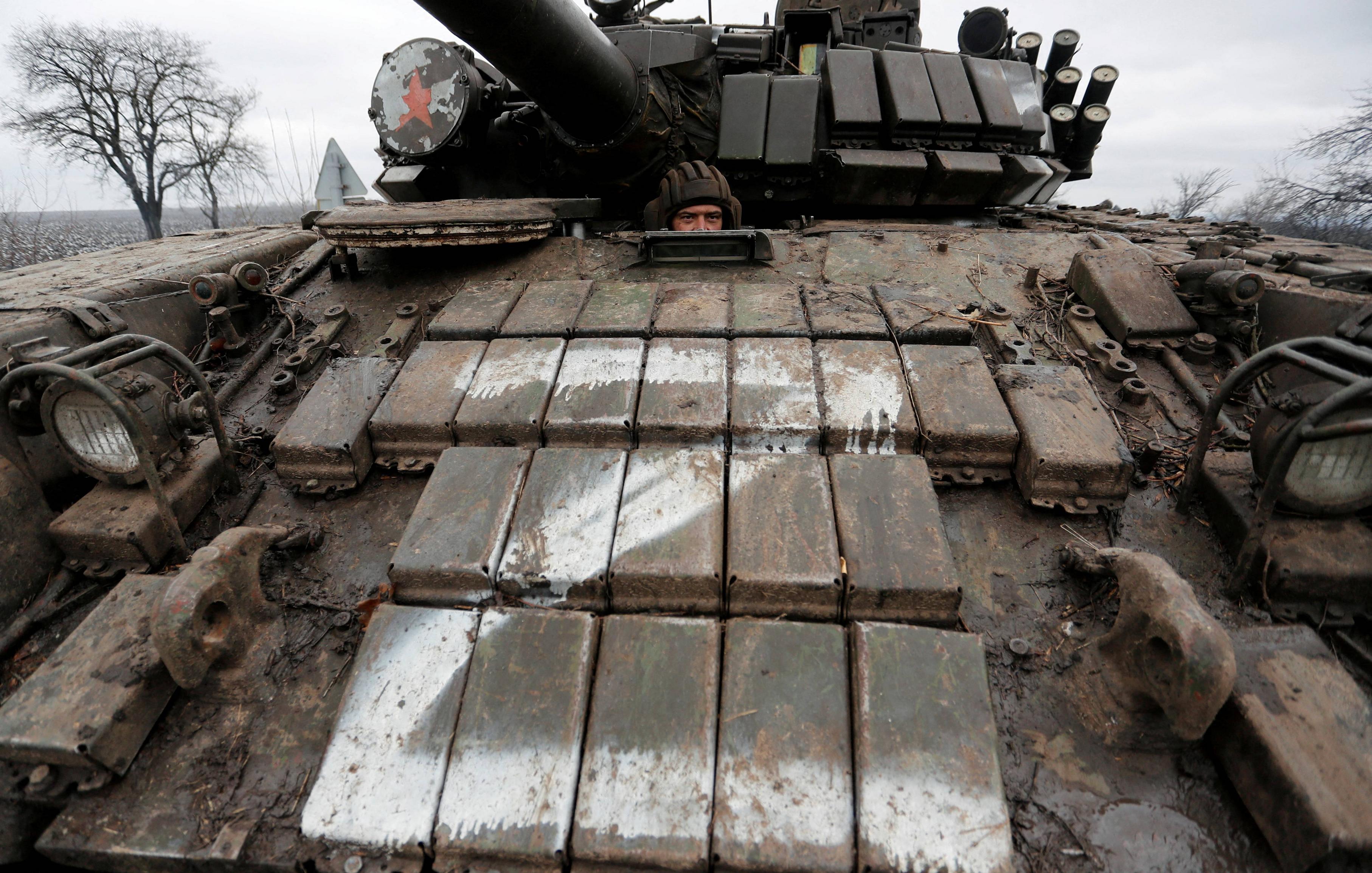
Space wars are a topic that has many options for military action. These options include different strategies as well doctrines and theories. We can also discuss post-conflict responses. Space military action can be very complex and may even differ from what we imagine. This article explores some possible outcomes.
Theories
Space wars are an option in the future. Space power theories are necessary to understand the political basis of space warfare. These theories can be used to improve command judgment and strategic thinking. They must be considered separately from air power theories. The purpose of these theories is to inform the public on the various implications of space-based operations.
Space warfare doctrines must be based upon a thorough understanding of the space environment and the forces that are involved. They also need to know how to fight in the space environment. This includes "blockade" or denial to enemy space capabilities, interception of ballistic rockets, and blocking of enemy launch facility facilities. It must be flexible enough to accommodate new technologies and hostiles in space.
Doctrine
Soviet doctrine was at the heart of the debate about military spacepower in the 1980s. The Soviets were able to use their own doctrine in outerspace, and the United States was determined to defend its nuclear strategic threat from an attack of the Soviet Union. In response, the United States decided to develop offensive space weapons to meet this threat. The Congress began to debate space control.
U.S. Space Force recently released "Spacepower," a new guiding paper. The doctrine, which is based in Joint Publication 3-14 provides a framework for the military's vision regarding its space operations. It was released only weeks after the Pentagon published its Defense Space Strategy. It outlines the central role of the Space Force in space operations and describes its mission to "defending the space domain".
Strategies
Space wars, unlike conflict on Earth require the use highly advanced technological systems. The use of space weapons is highly risky and could potentially undermine U.S. space policy. A space war could be devastating for the United States, and the whole world. Space warfare military strategies are being implemented by military leaders to avoid such a disastrous outcome.
Space warfighting theories can be based on a number of different approaches. These concepts encompass all aspects of the nation's operations in a given medium. Space warfare is an extension and variation of this strategy. It can use military, technological, airpower theories.
Post-conflict reactions
China and the United States have been working together to develop space weapons that are non-kinetic but still can cause damage. Russia has co-orbital weapons, and China has direct-ascent weapons that are launched into orbit and maneuvered toward their target. They also have nonkinetic space weapons like lasers and jamming equipment that can interrupt satellite communications. While these weapons are not ideal for combat, they can provide an alternative for both the sexes.
Space forces will need to be protected against potential adversaries in the future. They are constantly improving their space weaponry capabilities. Although Russia's fleet of satellites poses a modest challenge today, China's counterspace arsenal will be far more dangerous. Commercial space must also be protected. If you don't, future wars can be fought blindly.